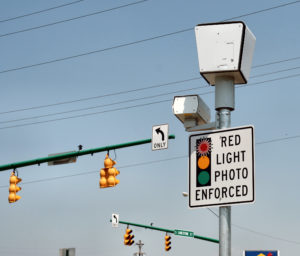Sometimes years-long investigations by federal, state, local and company officials follow any accident involving a train. Regardless of whether the rail mishap was a derailment, collision, cargo spill, fire or explosion, hundreds of experts devote thousands of hours to determining the cause. National Transportation Safety Board, Federal Railroad Administration, state police and corporate representative pore over the details of every incident that injuries or threatens people’s health.
Increasingly, investigators are concluding that health problems among rail workers were the main or significantly contributing factors in train accidents that hospitalized and killed numerous individuals. For example, a Metro-North commuter train derailment in Bronx, New York (NY), in December 2013 occurred when the engineer nodded off at the controls. A history of untreated sleep apnea led to his lapse of attention.
In another recent train crash that took several lives, a Union Pacific engineer’s undiagnosed colorblindness led him to ignore a series of yellow caution signals and red stop lights before colliding with a train on the same track.
A feature published in the Los Angeles Times notes that “severe allergies, heart disease, poor vision, sleep disorders and diabetes — as well as use of medicines with serious side effects — are among the health issues that can disqualify” commercial airline pilots, truck drivers, bus operators and maritime crew members. Those standards do not apply to railroad employees, despite what the newspaper characterized as years of pressure from NTSB.
Qualifying for a federal rail operator’s license does require passing vision and hearing tests at regular intervals, but engineers, conductors and brakemen who crew trains receive passes on far too many potentially life-threatening health conditions. This concerns me because, as a Virginia personal injury and wrongful death attorney, I have helped dozens of railroad workers hurt and made ill on the job by co-workers who may have been too sick themselves to guarantee their colleagues safety.
If federal and state regulators continue to stall the implementation of higher health standards and stricter, more frequent physical screenings, companies such as Amtrak, BNSF, CSX, and Norfolk Southern need to develop their own programs to assure workers’ fitness for duty. The goal of such programs must not be to force qualified workers out of their jobs. Rather, because too many health problems that could be diagnosed using more thorough screening protocols are probably being missed, treating conditions that negatively impact ability to serve before accidents occur benefits everyone.
EJL









Comments for this article are closed.